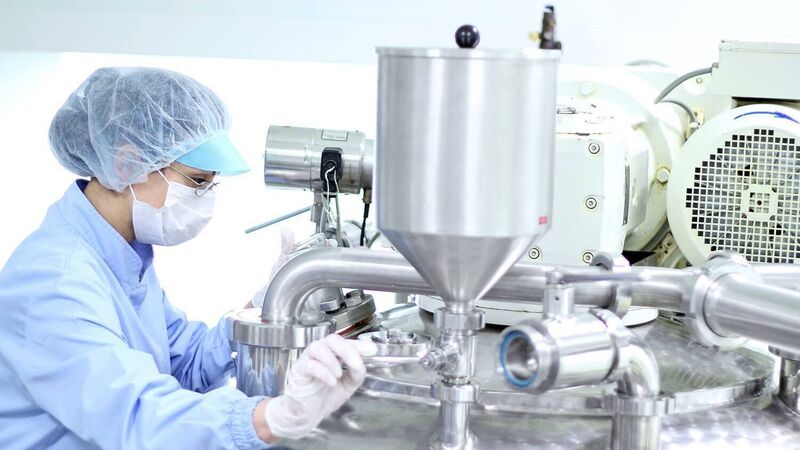Tariffs to have 'small impact' on Irish economy, says Ifac

The sectors in Ireland most exposed to tariffs are pharmaceuticals, medical devices and semiconductors.
Ireland’s fiscal watchdog has said the impact of tariffs on employment will likely be quite small despite the economy’s strong reliance on the US as a key trading partner.
Publishing its pre-budget statement today, the Irish Fiscal Advisory Council (Ifac) said many large manufacturing plants in Ireland are already well established, with little risk that they will be relocated to the US.











